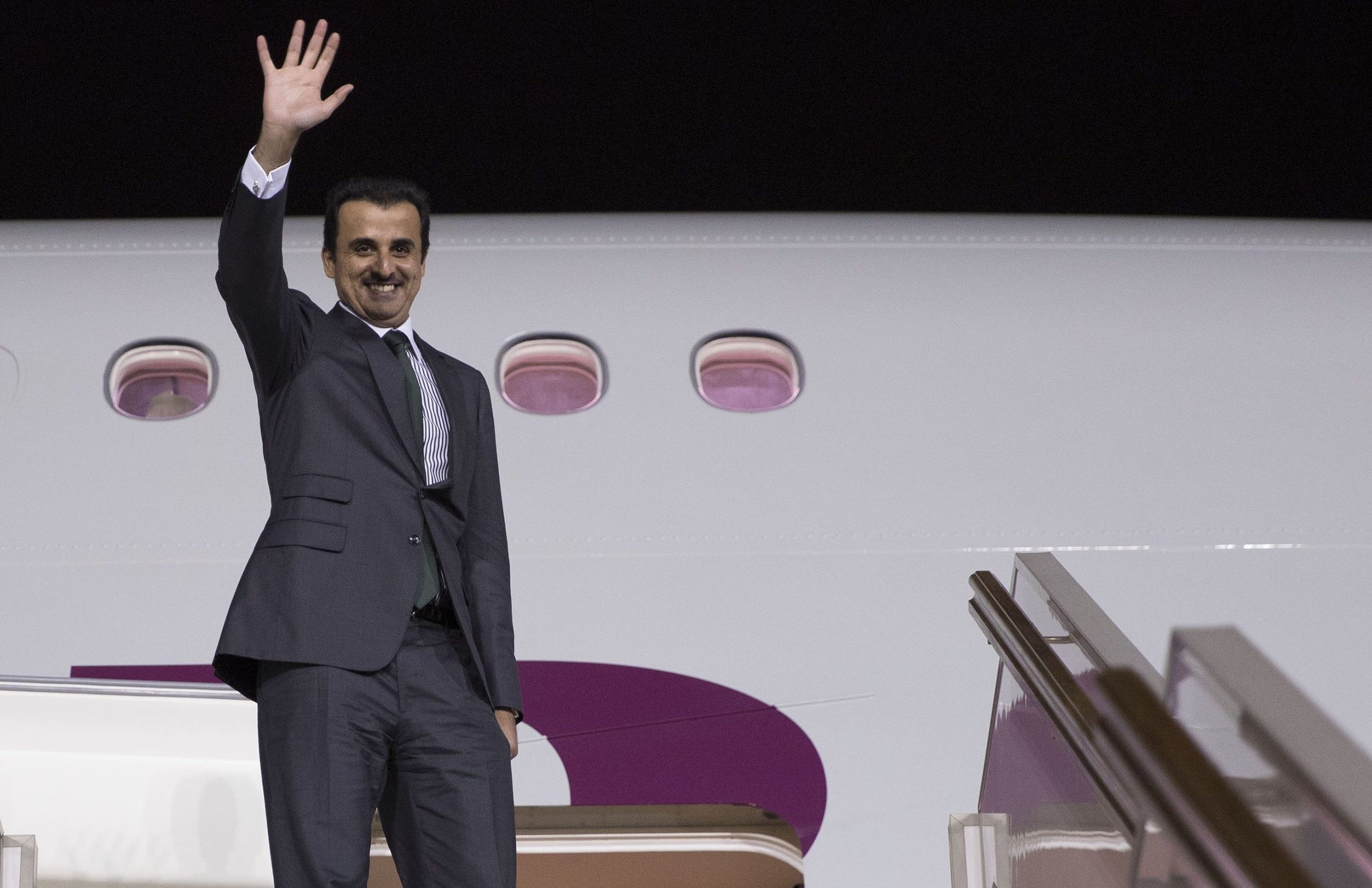Social media users have accused Facebook and Instagram of suppressing Pro-Palestinian posts.
Meta has acknowledged an apparent “bug” on Instagram that impacted the visibility of users’ stories, which social media users many say has affected their sharing of Palestinian content in the wake of Israel’s intense bombardment of the Gaza Strip.
On Sunday, Meta spokesman Andy Stone said that the glitch “affected accounts equally around the globe” and had no connection to the content’s subject matter being shared.
“We identified a bug impacting all Stories that re-shared Reels and Feed posts, meaning they weren’t showing up properly in people’s Stories tray, leading to significantly reduced reach,” Stone wrote in a post on X.
“This bug affected accounts equally around the globe and had nothing to do with the subject matter of the content — and we fixed it as quickly as possible,” the post added.
Countless people have flocked to social media platforms to stand in solidarity with Palestine and raise awareness of the brutality of Israel’s military onslaught.
Many of them have voiced that their posts have been suppressed or removed from Facebook and Instagram, which are owned by Meta.
Emmy-nominated journalist Ahmed Shihab-Eldin said that his personal account has was shadow banned as he posted content about Palestine.
“It is confirmed my videos on Instagram, when shared by thousands through stories, are completely inaccessible and do not play. This is shadow banning and dramatically limits the reach of ppl like me reporting real news. Stop silencing Palestinians. @Meta @instagram,” the journalist wrote on X.
The Hampton Institute, a think tank that speaks on pressing global social issues, stated that social media platforms are actively blocking posts about the content of Israel and Palestine.
“Instagram and Facebook are actively blocking posts about the *factual* history of Israel/Palestine, sometimes cloaking it as “technical difficulty,” the institute wrote on their social media channels.
“YouTube is deleting material that talks about the daily life in Gaza city over the past several decades,” the think tank added.
Battle of misinformation
Platforms like X have been voiced by experts to spread misleading content throughout the Israel-Hamas war.
“The amount of unverified information currently disseminated online about the Israel-Hamas conflict is a great source of concern for the protection of civilians and the stabilisation of the region,” Hajer Naili, spokesperson and director of communications at Center for Civilians in Conflict, told Doha News.
Earlier this month, Western media and pro-Israel social media users spread unsubstantiated claims about Palestine’s Hamas fighters “beheading” Israeli babies.
The allegations made their way to US President Joe Biden, who claimed he seen “confirmed pictures of terrorists beheading children”, before backtracking on his statement.
The Arab Center for the Development of Social Media (7amleh) has spoken out on the issue, citing “the Israeli government is taking advantage of the current international sentiment.”
“The Israeli government is taking advantage of the current international sentiment to continue exerting pressure on social media companies to censor the Palestinian narrative and silence voices critical of Israeli policies,” 7amleh said.
Alessandro Accorsi, Senior Analyst for Social Media and Conflict at Crisis Group, told Doha News that ever since X stopped access to data for researchers, it has been challenging to access figures over misinformation.
“It is also hard to tell at this point how much of the misinformation circulating is the result of disinformation, that is a coordinated attempt at spreading false information with intent, and how much of it is simply the result of users sharing false claims without verifying them,” the expert said.
“Right now the main effect of misinformation is that the sheer amount of false information is making it harder to use social media as a resource to save lives and understand what is actually happening on the ground,” Accorsi said.







